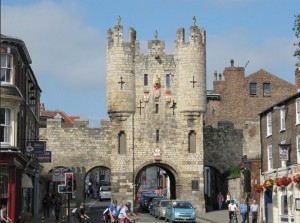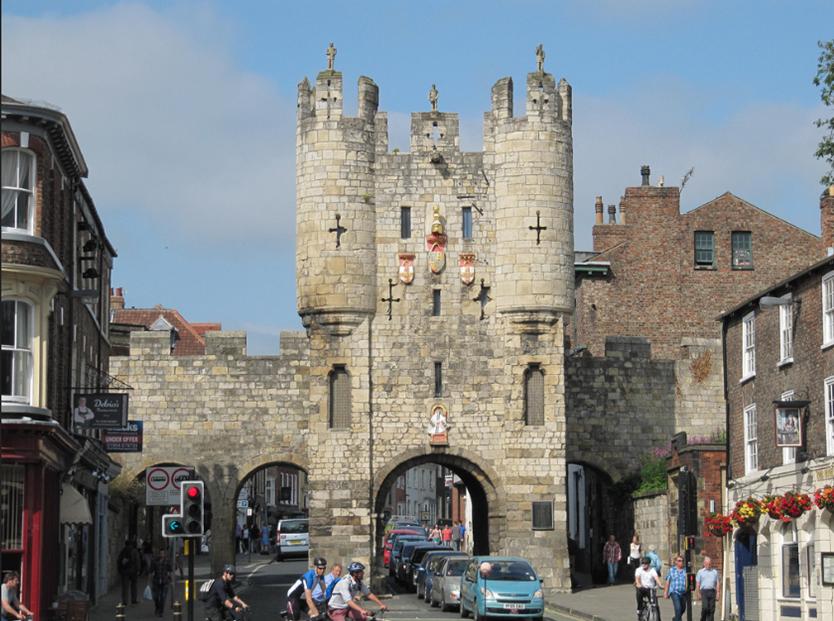The next York Council meeting will discuss four motions put forward by the political groups represented on the authority.
 Liberal Democrat Ashley Mason is asking for more funding for neighbourhood policing. He will get a lot of support for his proposal with PCSO patrols now distinctly thin on the ground in much of the City. 41% of respondents to a recent survey thought that policing in the City was “poor”.
Liberal Democrat Ashley Mason is asking for more funding for neighbourhood policing. He will get a lot of support for his proposal with PCSO patrols now distinctly thin on the ground in much of the City. 41% of respondents to a recent survey thought that policing in the City was “poor”.
Many highlighted issues with drugs and moped gangs as increasing areas of concern.
The York Council has no direct powers over policing policy (that rests with the Harrogate based Police and Crime Commissioner) but it can be more active in using its powers of scrutiny.
The motion also opposes any reduction in Fire cover. The service has recently been taken over by the PCC.
- A Labour Councillor wants to close the outbound traffic lane which currently runs under Micklegate Bar. The actual amount of traffic using this route is already regulated with “green” periods at the adjacent traffic lights already relatively short. However, the main criticism of this proposal is that it is being made without any consultation with local businesses or residents. Local road junctions are already congested at peak times so the consequences could be significant. The plan comes from the Lendal bridge closure school of transport planning. Proposals like these need to be considered as part of the next update to the Local Transport Plan. (NB. The Council video, outlining plans to improve the railway station frontage, portray an, almost miraculously, traffic free inner ring road in this part of the City!)
- The Conservative Councillors have gone to the trouble of restating that they are in favour of free green bin emptying. Many residents would settle, currently, for just having their present green bin emptied.
- ……& finally, the Green party has come out against, what they term as, “food poverty”. It will probably be difficult to find anyone who thinks hunger is a good thing. The Greens disingenuously suggest that Council officials should write a report saying how the issue can be resolved. Sadly, this is another problem where most of the levers are well outside the control of a local Council.

Council meetings these days are sterile and predictable affairs with all sides posturing and the real issues, that affect street level public service standards, rarely being highlighted.
This can party be traced back to a decision by the last Council which withdrew the option for Councillors to submit written questions (and get a written response).
A limited amount of time is reserved for verbal questions, but these rarely uncover any new facts.
Answers to verbal questions are not recorded in the meeting minutes. The minutes are, in any event, published several weeks – or months – later.
By then the issue has usually moved on.

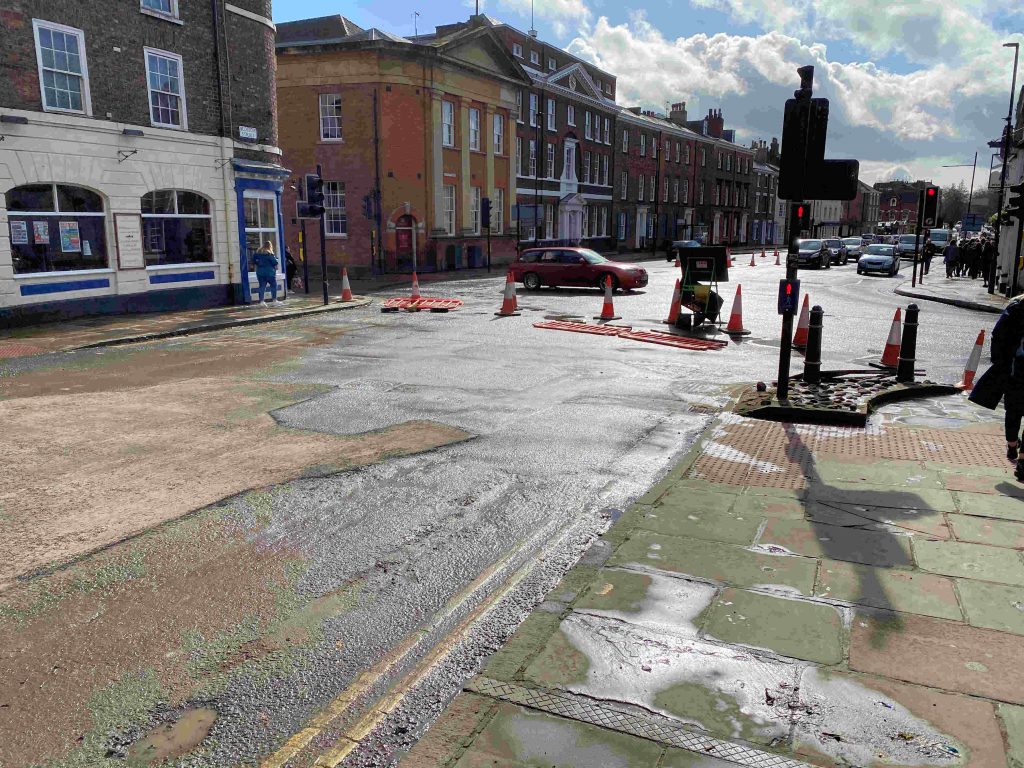
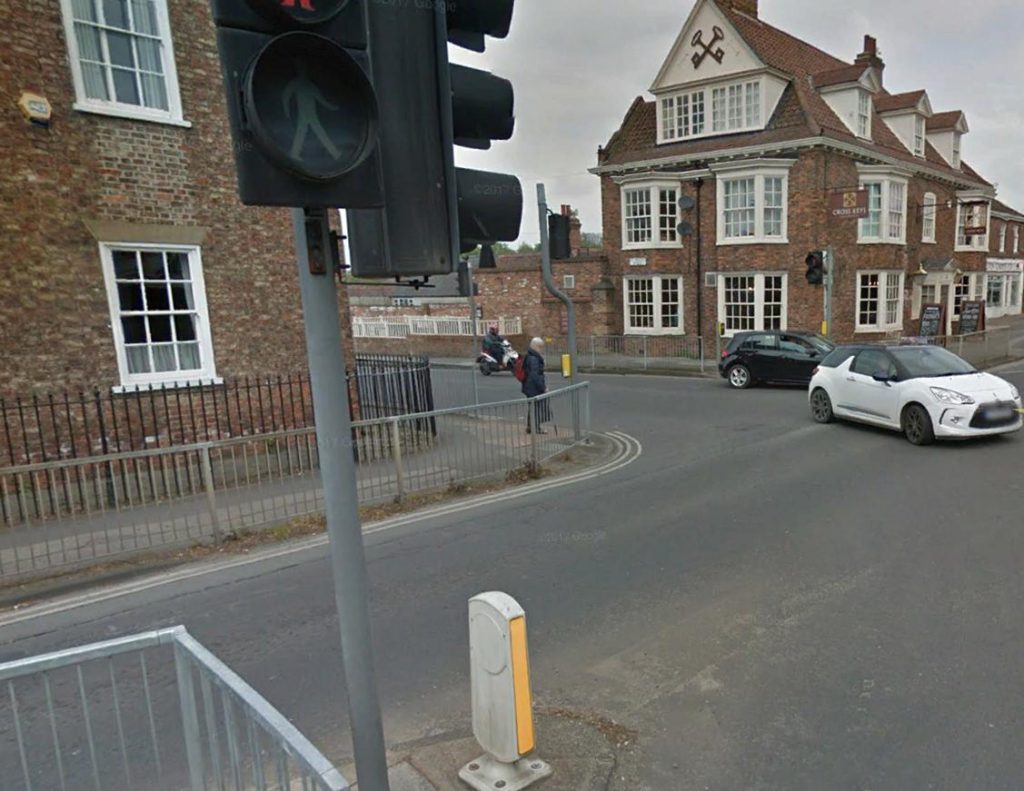
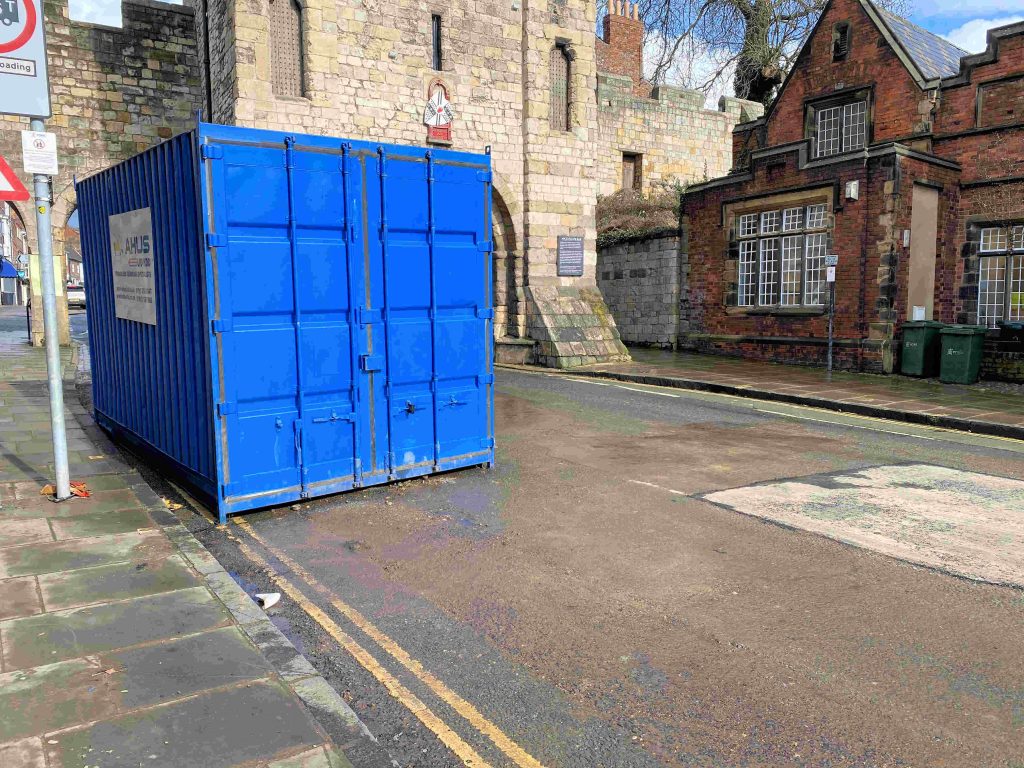
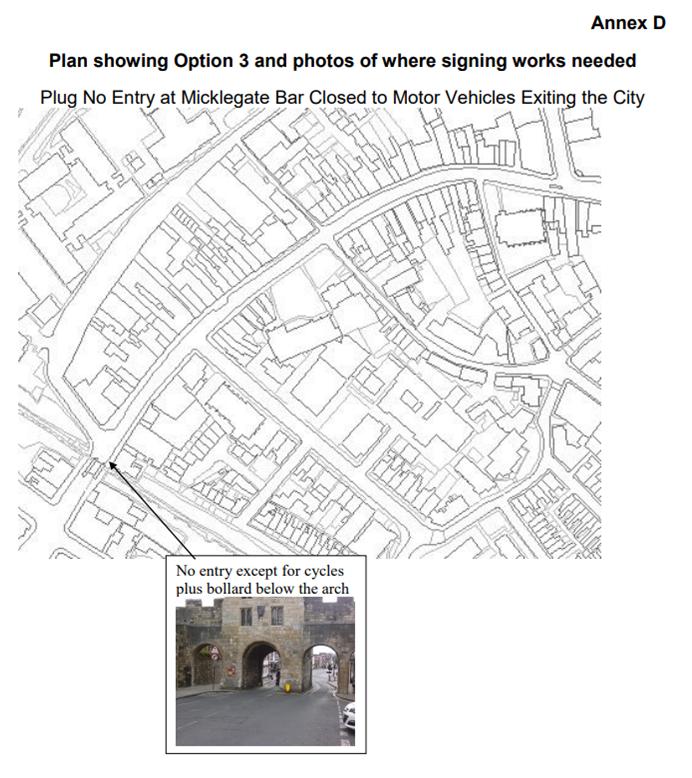
 Liberal Democrat Ashley Mason is asking for more funding for neighbourhood policing. He will get a lot of support for his proposal with PCSO patrols now distinctly thin on the ground in much of the City. 41% of respondents to a recent survey thought that policing in the City was “poor”.
Liberal Democrat Ashley Mason is asking for more funding for neighbourhood policing. He will get a lot of support for his proposal with PCSO patrols now distinctly thin on the ground in much of the City. 41% of respondents to a recent survey thought that policing in the City was “poor”.
